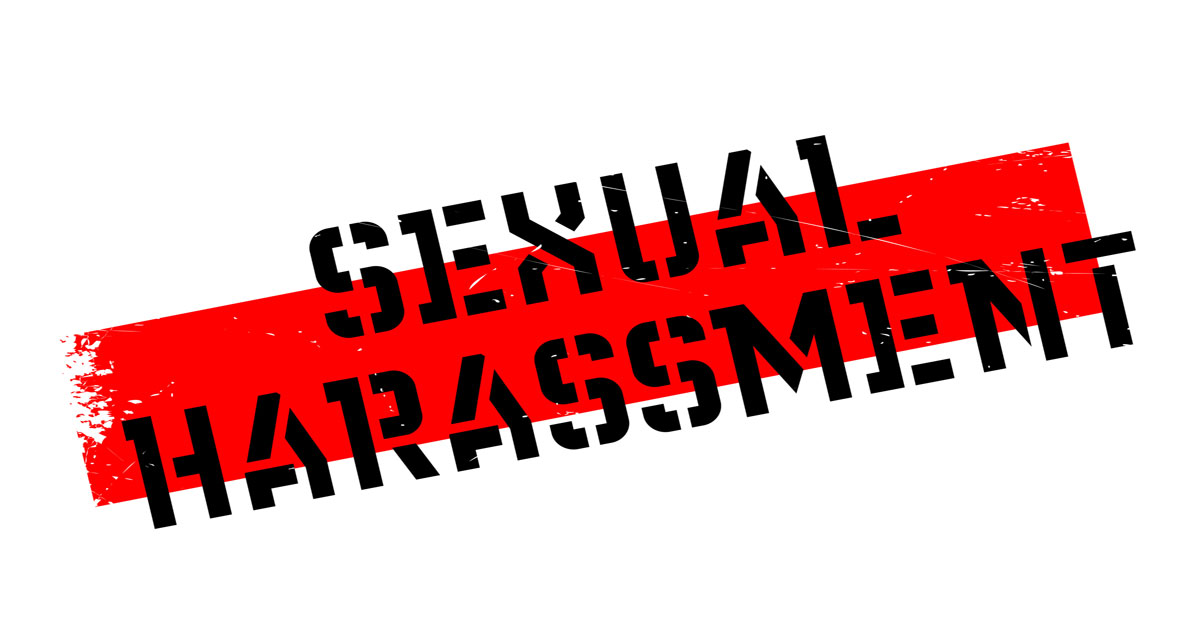Even after the many strides made in gender equality, workers across the United States still experience sexual harassment, particularly in the health care industry, and especially toward women. It is a prevalent problem plaguing workplaces still; in fact, the Center for American Progress found that the health care industry accounts for almost 12 percent of total sexual harassment cases filed with the Equal Employment Opportunity Commission (EEOC), all within the span of 2005 to 2015.
Sexual harassment is common even among medical students and their peers. A report released in 2018 by the National Academies of Sciences, Engineering, and Medicine found that almost 50 percent of female medical students have been sexually harassed. Additionally, female medical students are also three times more likely to be sexually harassed compared with those in non-STEM fields.
Unfortunately, sexual harassment in the health care industry has been a major issue for decades and is seemingly never reported by major news outlets. Experts believe that this is based on gender discrimination, where women face many hurdles to overcome just to be seen as equals.
Furthermore, medical students who experience sexual harassment are less likely to pursue their careers fully, which negatively affects patients. Patients deserve to have the best treatment by the top professionals available; unfortunately, many of those top doctors and nurses quit the industry before meeting their potential.
What Is Sexual Harassment?
Sexual harassment can happen to anyone, regardless of gender. It involves offensive, non-consensual, or unwelcomed behavior toward another person or co-worker and does not have to directly sexual in nature. Consider the following:
- Harassment that occurs solely based on a worker’s gender and does not need to involve touching.
- Sexual harassment can be heterosexual or homosexual harassment.
- Sexual harassment is treating another adversely based on their gender.
- Sexually offensive language, comments, insults, or jokes are considered sexual harassment.
- Suggestive behavior, such as staring or winking, can be considered sexual harassment.
- Questions involving sexual activity can be considered harassment.
- Physical contact, including slapping, touching, pinching, etc.
- Sexually offensive material or gestures.
In any workplace, sexual harassment comes in two forms; it is used in a hostile work environment or as “this for that,” or quid pro quo. Quid pro quo normally involves sexual demands as part of employment, such as a sexual demand for a promotion or for a raise. An example is an employee submitting to quid pro quo in hopes to keep their employment.
Hostile work environment is when harassment toward an employee makes the worker consider the workplace as hostile, thus creating an offensive or intimidating work environment.
Sexual Harassment in New Jersey
As in many states, sexual harassment is illegal in New Jersey. The New Jersey Law Against Discrimination (NJLAD) protects any worker, whether they are a volunteer, a seasonal employee, or a full-time employee, from sexual harassment in any form. This includes any workplace or industry, particularly the health care industry, where it has been so prominent over the past several decades.
What if I Am Being Sexually Harassed at Work?
If you are being harassed, the first thing to do is to forbid any unwelcome behavior from another worker, telling them to stop and you are offended. If they refuse to stop, then:
- Contact your supervisor or human resources department of the incident.
- Each employer has a sexual harassment policy you must follow, whether that is to contact a direct supervisor or someone else.
- Every employer is legally responsible to take your harassment seriously and to investigate the matter.
In New Jersey, you have the legal right to pursue a remedy, either administratively or judicially. You may also file a complaint with the New Jersey Division on Civil Rights or directly to the New Jersey Superior Court. You also should contact a reputable employment lawyer immediately, who can review your case and advise you on how best to proceed.
Marlton Employment Lawyers at Burnham Douglass Help Medical Workers Who Are Sexually Harassed
Whether you are a retail worker or a doctor in the medical field, no one deserves to be sexually harassed. If you are experiencing harassment of any kind at work, reach out to the Marlton employment lawyers at Burnham Douglass. Our experienced team has decades of experience with cases such as this and will gladly help you pursue justice. Contact us online or call us at 856-751-5505 for a free consultation. We are located in Marlton and Northfield, New Jersey, and we serve clients throughout South Jersey, including Camden County, Burlington County, Atlantic County, Gloucester County, and Mercer County.


